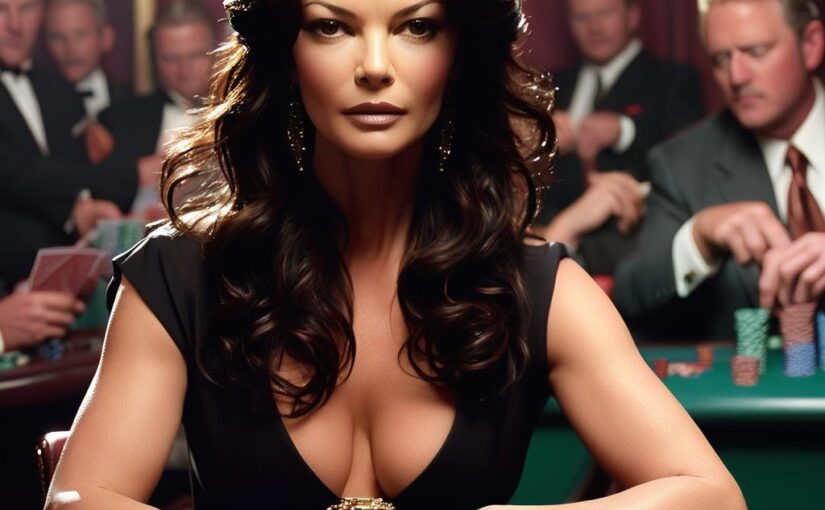Memenangkan Jackpot Tanpa Batas: Unggul di Dunia Togel Online dengan Untungbet
Dalam dunia taruhan online yang dipenuhi dengan variasi permainan, togel tetap menjadi salah satu yang paling dicari. Namun, mencari agen togel yang dapat diandalkan, menyediakan pembayaran tanpa batas, dan memberikan pengalaman taruhan yang aman adalah tantangan tersendiri. Di tengah maraknya penawaran, Untungbet muncul sebagai pemain terkemuka dalam industri togel online. Dengan pembayaran yang tak terbatas dan reputasi solid, bermain togel di Untungbet adalah langkah cerdas bagi para pecinta togel yang ingin mengoptimalkan kesempatan mereka meraih jackpot besar.
Pembayaran Tanpa Batas
Salah satu daya tarik utama Untungbet adalah kebijakan pembayaran tanpa batas. Artinya, tak peduli seberapa besar kemenangan Anda, situs ini akan membayar Anda penuh tanpa potongan atau batasan. Hal ini memastikan bahwa para pemain dapat menikmati setiap kemenangan mereka tanpa kekhawatiran akan batasan pembayaran. Dengan kebijakan yang transparan dan adil ini, para pemain dapat merasa aman dan nyaman saat bermain di Untungbet.
Koleksi Pasaran Togel Terlengkap
Untungbet menawarkan akses ke berbagai pasaran togel terkemuka dari seluruh dunia. Mulai dari togel Singapore hingga togel Hong Kong dan berbagai pasaran lainnya, para pemain memiliki banyak pilihan untuk dimainkan sesuai preferensi mereka. Dengan jadwal taruhan yang teratur dan hasil yang disiarkan secara langsung, para pemain dapat menikmati pengalaman taruhan yang seru dan menegangkan di Untungbet.
Keamanan dan Kepercayaan
Keamanan adalah prioritas utama di Untungbet. Dengan menggunakan teknologi enkripsi terkini, situs ini memastikan bahwa semua informasi pribadi dan transaksi keuangan para pemain tetap aman dan terlindungi dari akses yang tidak sah. Selain itu, Untungbet memiliki lisensi resmi dan diatur oleh otoritas perjudian yang terkemuka, memberikan kepercayaan tambahan kepada para pemain tentang integritas dan keamanan situs.
Bonus dan Promosi Menarik
Untungbet juga dikenal karena berbagai bonus dan promosi menarik yang ditawarkannya kepada para pemain. Mulai dari bonus pendaftaran hingga bonus deposit dan promosi loyalitas ada banyak kesempatan. Untuk meningkatkan kemenangan dan mendapatkan nilai tambah saat bermain di Untungbet. Program loyalitas yang murah hati juga hadir untuk membalas para pemain setia dengan hadiah dan keuntungan tambahan.
Layanan Pelanggan yang Ramah
Terakhir, namun tidak kalah pentingnya, Untungbet menyediakan layanan pelanggan yang profesional dan responsif. Tim dukungan yang ramah dan berpengalaman siap membantu para pemain dengan segala pertanyaan atau masalah yang mereka miliki. Dengan layanan pelanggan yang tersedia 24/7 melalui berbagai saluran komunikasi, para pemain dapat yakin bahwa mereka akan mendapatkan bantuan yang mereka butuhkan saat bermain.
Kesimpulan
Dengan pembayaran tanpa batas, koleksi pasaran togel terlengkap, keamanan dan kepercayaan yang diutamakan, bonus dan promosi menarik, serta layanan pelanggan yang ramah, telah membuktikan dirinya sebagai salah satu agen togel online terbaik di industri. Bagi para pecinta togel yang mencari pengalaman taruhan yang seru, menguntungkan, dan adil, bermain di Untungbet adalah pilihan yang tepat. Jadi, jangan ragu untuk bergabung dan menjelajahi dunia togel online di sekarang juga!








